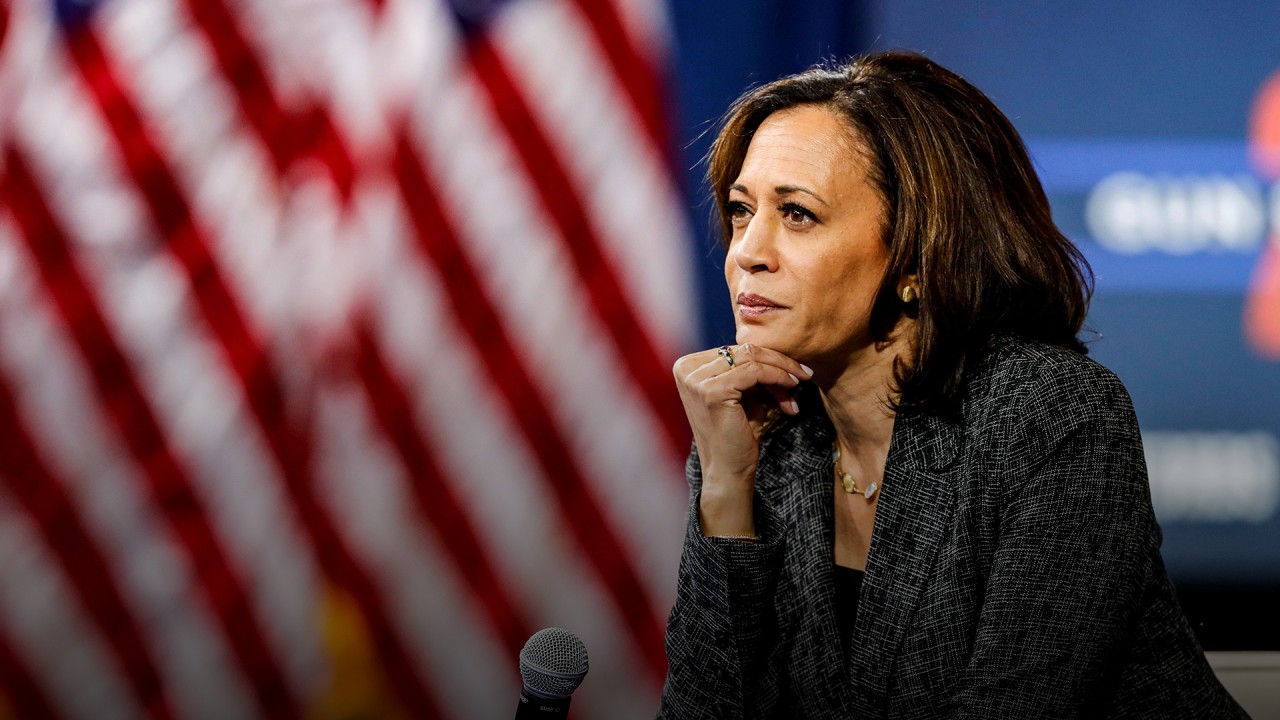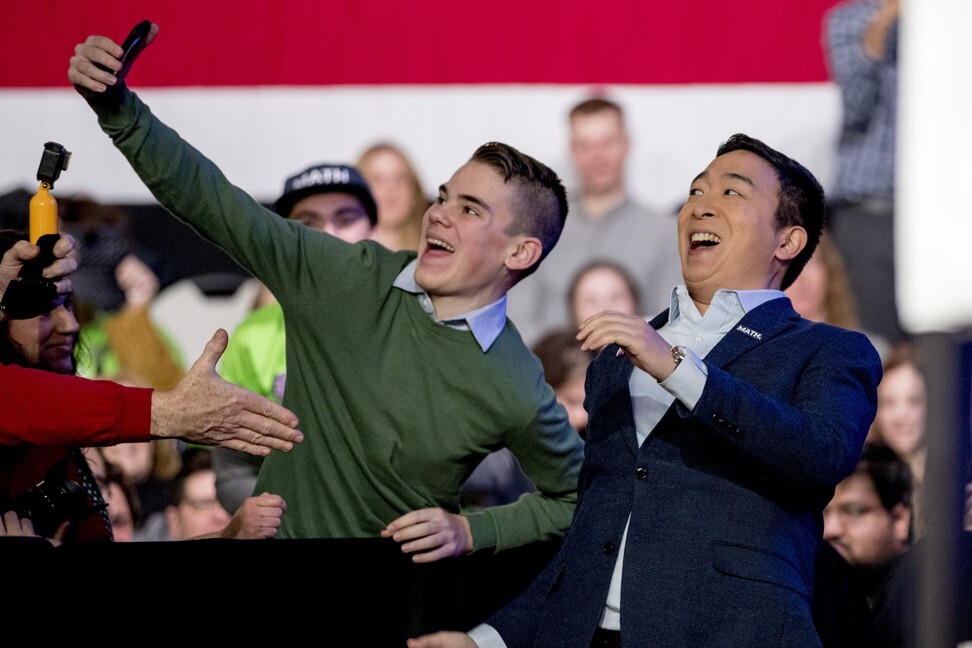
Asian-Americans must raise their voice for greater representation in US politics
- Both parties’ lack of interest in courting the Asian vote has been disappointing, and out of proportion with the impact it can have in key swing states
- It’s up to Asians themselves to step up their political engagement, not just in terms of getting out to vote, but also in seeking office
With just over a week until the US presidential election, I find myself reflecting on my personal history as a voter. The first election I was eligible to vote for was in 1960. Though I had lived in the US for more than a decade and was on my way to completing my PhD, I was not very informed about the election.
When one of my classmates at Georgetown University encouraged me to vote for her boss, John F. Kennedy, the only thing I knew about the man was that he lived across the street from me and I sometimes saw his wife walking their dog.
It is no wonder that I was so uninformed. In 1960, the Asian population in the US was small, divided, and was only just beginning to participate in the political process. The first Asian-American elected to Congress, Dalip Singh Saund of California, secured a House seat in the 1956 election, followed by Daniel Inouye’s House win and Hiram Fong’s Senate victory in 1959. Progress after these victories proved slow.
Now, Asian-Americans are the fastest-growing voting group in the nation. Asian voters have the potential to impact the outcome in key swing states like Pennsylvania, North Carolina and Arizona. Yet two things remain the same as in 1960: neither of the two main parties have put much effort into reaching Asian voters, and Asian representation in Congress is still lacking.

03:10
Who is Kamala Harris? Joe Biden’s vice-president pick
Asian underrepresentation in state and national offices remains a barrier to the community’s ability to have its interests heard and perspectives valued. There are currently just three Asian senators – Mazie Hirono, Tammy Duckworth and Harris – and just 13 House members, about half as many as would be expected if the Asian population was represented equally by proportion.
Asian-Americans grow louder in their bid for a political voice
There have been few Asian-American candidates for president, and none have made it past the primary stage. The first was Hiram Fong of Hawaii, who unsuccessfully campaigned for the Republican nomination in the 1960s. The next Asian presidential candidates did not come for nearly half a century and are remembered more for their spectacular failures than meaningful campaigns.
The two other Asians who sought the 2020 Democratic nomination have been remembered more as punchlines than as serious candidates. Andrew Yang gained more attention for his self-deprecating jokes about Asians being good at maths than for his proposed policies, while Tulsi Gabbard was lampooned as a cartoonish villain.

Yet the Trump campaign used a video of Biden and Locke in China at an official event to criticise Biden’s ties to China, seemingly not recognising Locke as an American. This incident reinforced my own perception that Asians like me are never fully accepted into the US.

I have been living in the US for 70 years and voting for 60. While I have seen the Asian community make progress in political participation and representation, there is still a long way to go, and much hinges on the willingness of the Asian community itself to engage by voting, advocating for their own interests, and supporting Asian candidates.
Critical to securing more equitable political representation for Asians is to encourage more to seek office. According to the Asian Pacific American Institute for Congressional Studies, there are 91 Asian candidates seeking House seats, eight seeking Senate seats, and hundreds running in state and local elections. This bodes well for the future, as these are the type of elections that launch political careers.
Chi Wang, a former head of the Chinese section of the US Library of Congress, is president of the US-China Policy Foundation

